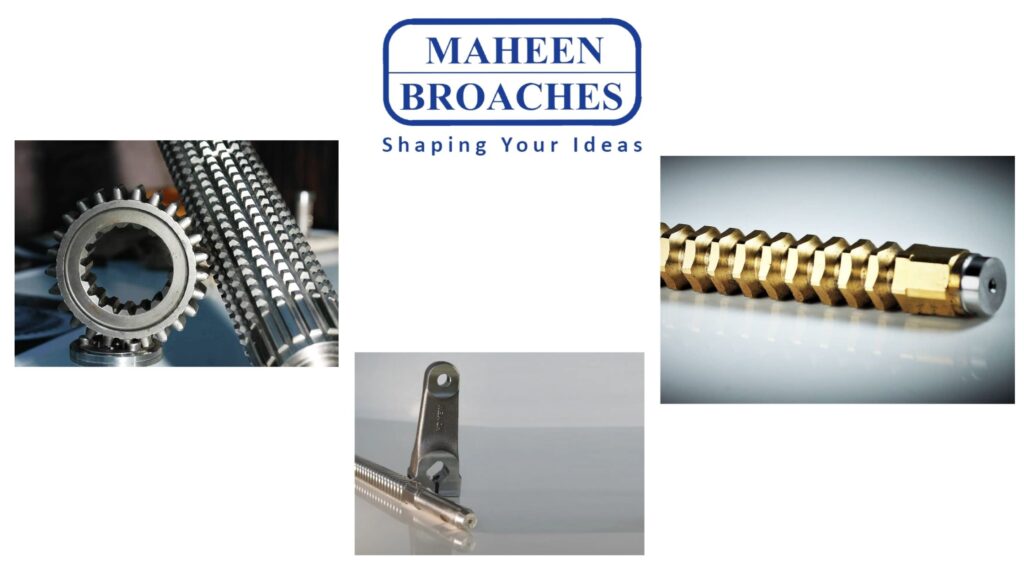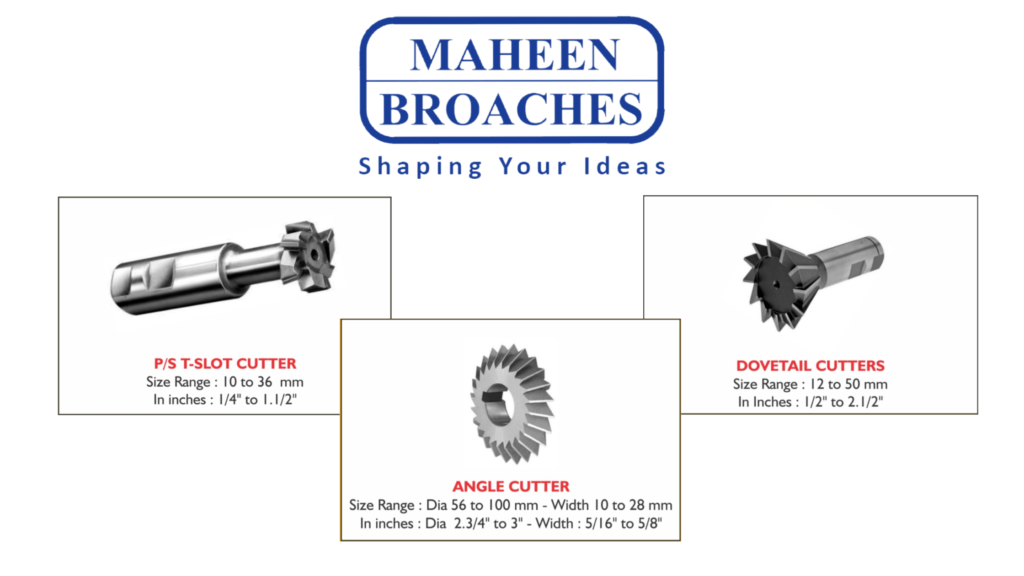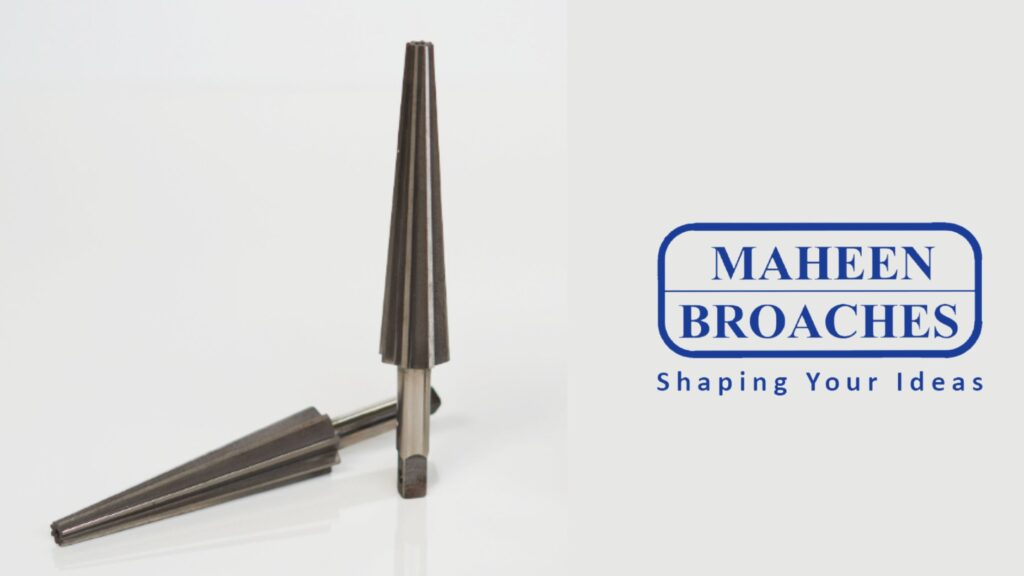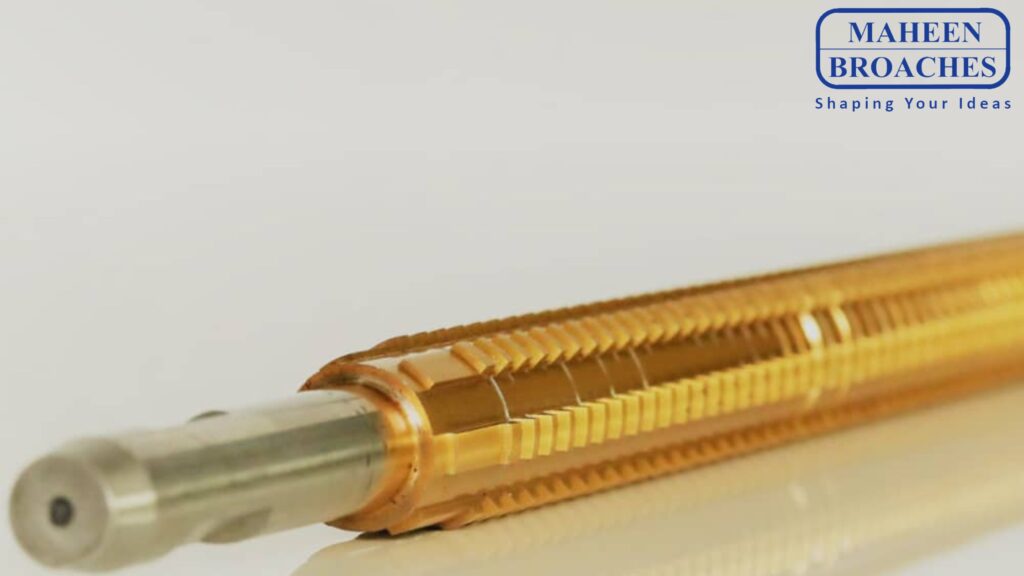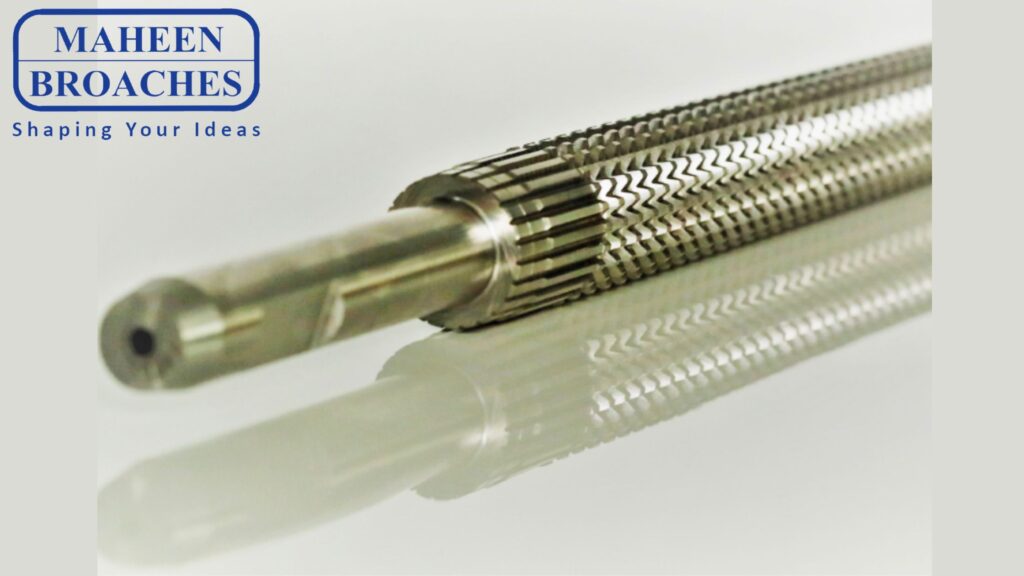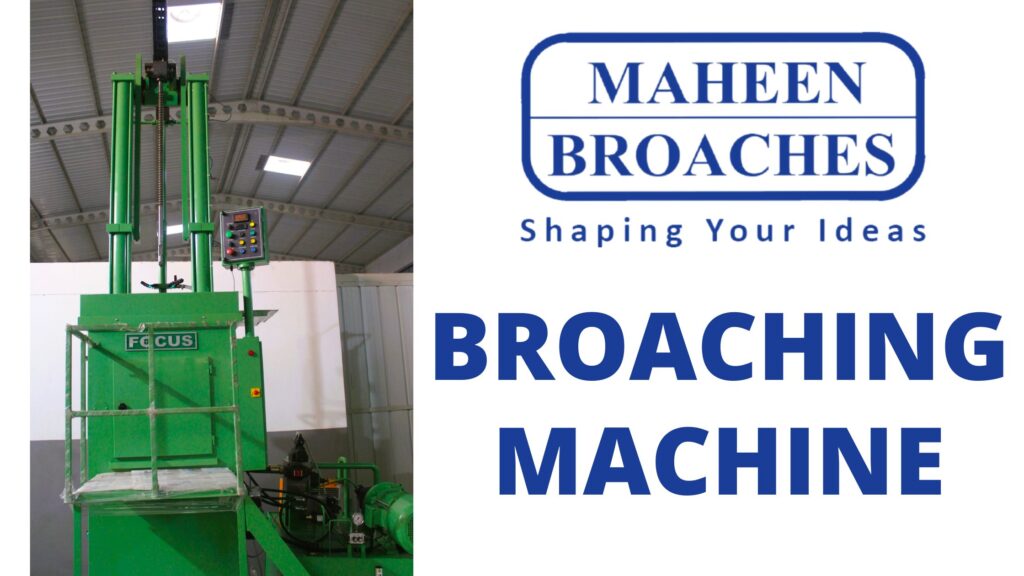In the world of craftsmanship, precision is key. Whether you’re a professional machinist or an enthusiastic hobbyist, having the right machine tools is essential to achieve accurate and impeccable results in your projects. But with a wide variety of machine tools available in the market, finding the perfect ones can be a daunting task. That’s why we’ve put together this comprehensive guide to help you master the art of precision by providing you with valuable insights and tips on buying machine tools.
1. Understand the Types of Machine Tools:
– Familiarize yourself with the different types of machine tools available. This includes lathes, milling machines, drill presses, grinding machines, and more. Each type has its own specific functions and applications. Research and understand the capabilities of each machine tool to determine which ones are most suitable for your projects.
2. Assess Your Needs and Projects:
– Consider the specific requirements of your projects. What materials will you be working with? What are the sizes and complexities of the parts you’ll be machining? By assessing your needs, you can determine the size, power, and features required in your machine tools. This will help you narrow down your options and make more informed decisions.
3. Quality and Durability:
– When it comes to machine tools, quality and durability are paramount. Invest in tools made from high-quality materials, such as solid cast iron or steel, as they provide stability and longevity. Read customer reviews and seek recommendations from trusted sources to ensure you choose reliable brands known for their craftsmanship and durability.
4. Precision and Accuracy:
– Look for machine tools that offer precise and accurate results. Features such as digital readouts, fine-tuning adjustments, and stable bases contribute to achieving higher levels of precision. Pay attention to the accuracy specifications of the tools, such as spindle runout or table movement, to ensure they meet your requirements.
5. Power and Speed:
– Consider the power and speed capabilities of the machine tools. This is particularly important for cutting and shaping processes. Higher horsepower and variable speed controls offer more versatility and allow you to work with different materials and achieve optimal results.
6. Safety Features:
– Prioritize safety when selecting machine tools. Look for features such as emergency stop buttons, protective guards, and built-in safety mechanisms. Ensure the tools comply with industry safety standards to minimize the risk of accidents and protect yourself and others in the workshop.
7. Budget Considerations:
– Set a realistic budget for your machine tool purchases. Quality machine tools can range from affordable options for hobbyists to high-end professional-grade machinery. Assess your budget and prioritize the tools that are most crucial for your projects. Remember that investing in quality tools upfront can save you time, money, and frustration in the long run.
8. Seek Expert Advice:
– Don’t hesitate to seek advice from experts or experienced machinists. They can offer valuable insights and recommendations based on their knowledge and hands-on experience. Join online forums or local machining communities to connect with like-minded individuals who can share their expertise and guide you in your purchasing decisions.
By following this guide, you’ll be well-equipped to make informed decisions when buying machine tools. Remember, mastering the art of precision is a continuous learning process, and having the right tools is an important step towards achieving exceptional results. Invest in quality, choose tools that align with your project requirements, and never stop honing your skills. With the right machine tools in your workshop, you’ll be well on your way to mastering the art of precision.

